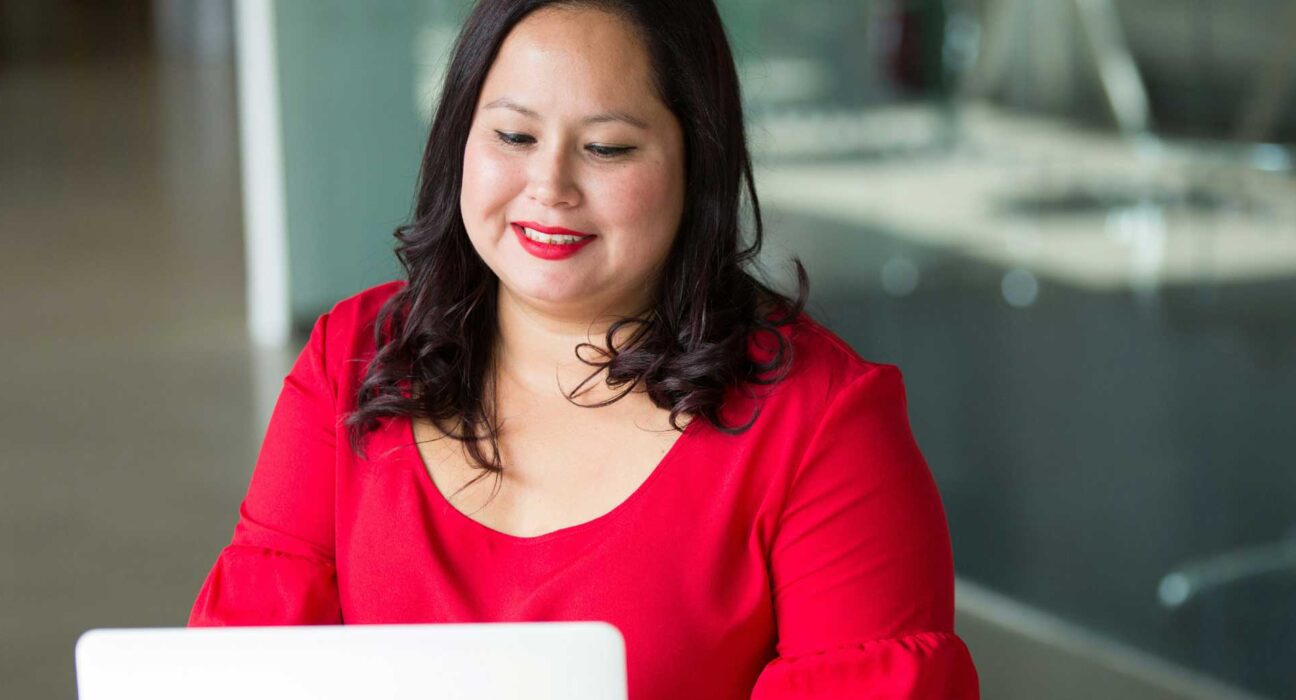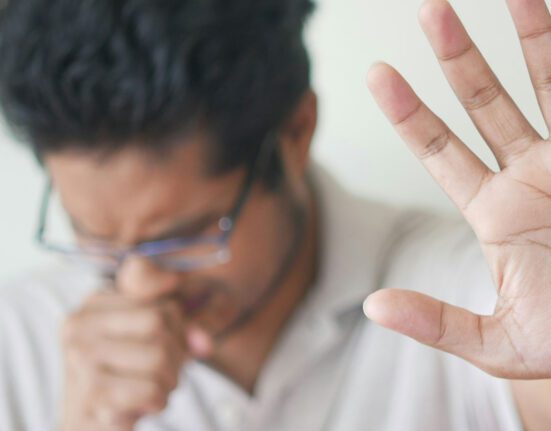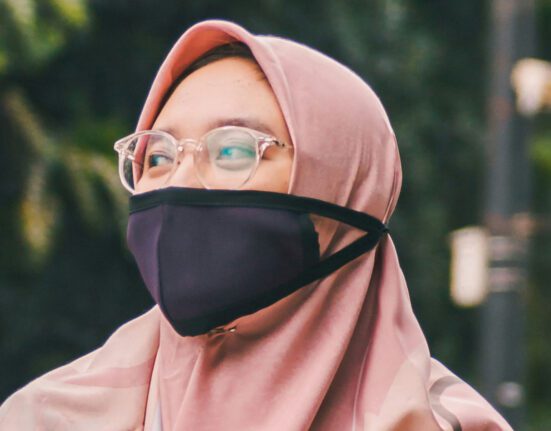The Impact of COVID-19 on Indigenous and Racialized Women
Summary:
The COVID-19 pandemic has disproportionately affected Indigenous and racialized women, exacerbating existing inequalities and highlighting systemic issues. Indigenous women in remote areas faced increased domestic violence with limited access to shelters. Their economic activities, especially in arts and crafts, suffered due to canceled powwows. Historical trauma and systemic racism contributed to distrust in the healthcare system, affecting vaccination rates.
For racialized women, the pandemic intensified economic vulnerabilities. Dominating high-risk essential jobs and low-paid, part-time positions, they faced heightened exposure and financial instability. Job losses were significant in sectors heavily impacted by shutdowns, such as tourism and retail, where women are overrepresented. The lack of benefits and paid sick leave further compounded their challenges.
The article calls for urgent policy interventions, including paid sick days and permanent pandemic pay, to protect vulnerable workers. Additionally, there is a pressing need for investment in social infrastructure, such as wellness centres and clean water in Indigenous communities, to support overall well-being and empowerment.
Without targeted efforts to address these disparities, the long-term economic security and participation of women in the labour market will be at risk, perpetuating poverty and inequality for future generations. The pandemic has underscored the need for systemic change to ensure a fair recovery.
Main Points:
- Increased Domestic Violence: Indigenous women in remote areas faced increased domestic violence during the pandemic, with limited access to shelters.
- Financial Impact on Indigenous Artisans: Indigenous women’s entrepreneurship, particularly in arts and crafts, suffered due to the inability to sell products at powwows.
- Distrust in Vaccination: Historical trauma and systemic racism contribute to Indigenous women’s distrust in the healthcare system and vaccination.
- Need for Wellness Centres: Funding for wellness and resiliency centres is critical to address issues like substance abuse, suicides, and to support Indigenous women’s health and empowerment.
- Disproportionate Risk for Racialized Women: Racialized women dominate high-risk essential jobs (nurses, personal support workers) and low-paid, part-time positions, making them vulnerable during the pandemic.
- Economic Impact on Women: Women are heavily impacted by job losses in sectors hit by shutdowns (tourism, retail, arts), and they often hold multiple part-time jobs without benefits.
- Call for Social Infrastructure: Essential social infrastructure, like clean water in Indigenous communities, is crucial for a functional community.
- Policy Recommendations: Immediate actions like paid sick days and permanent pandemic pay are necessary to protect workers and address systemic underpayment in essential jobs.
- The COVID-19 pandemic has exacerbated existing inequalities for Indigenous and racialized women, increasing domestic violence, financial instability, and distrust in healthcare. Structural changes and immediate policy interventions are necessary to address these issues and ensure a fair recovery. Without targeted efforts to rectify these inequalities, the long-term economic security and labour market participation of women will be significantly set back, potentially for generations. The pandemic presents an opportunity to address these deep-rooted societal problems, and failing to do so would perpetuate poverty and inequality.
Credible Source:
May be under a subscription paywall








